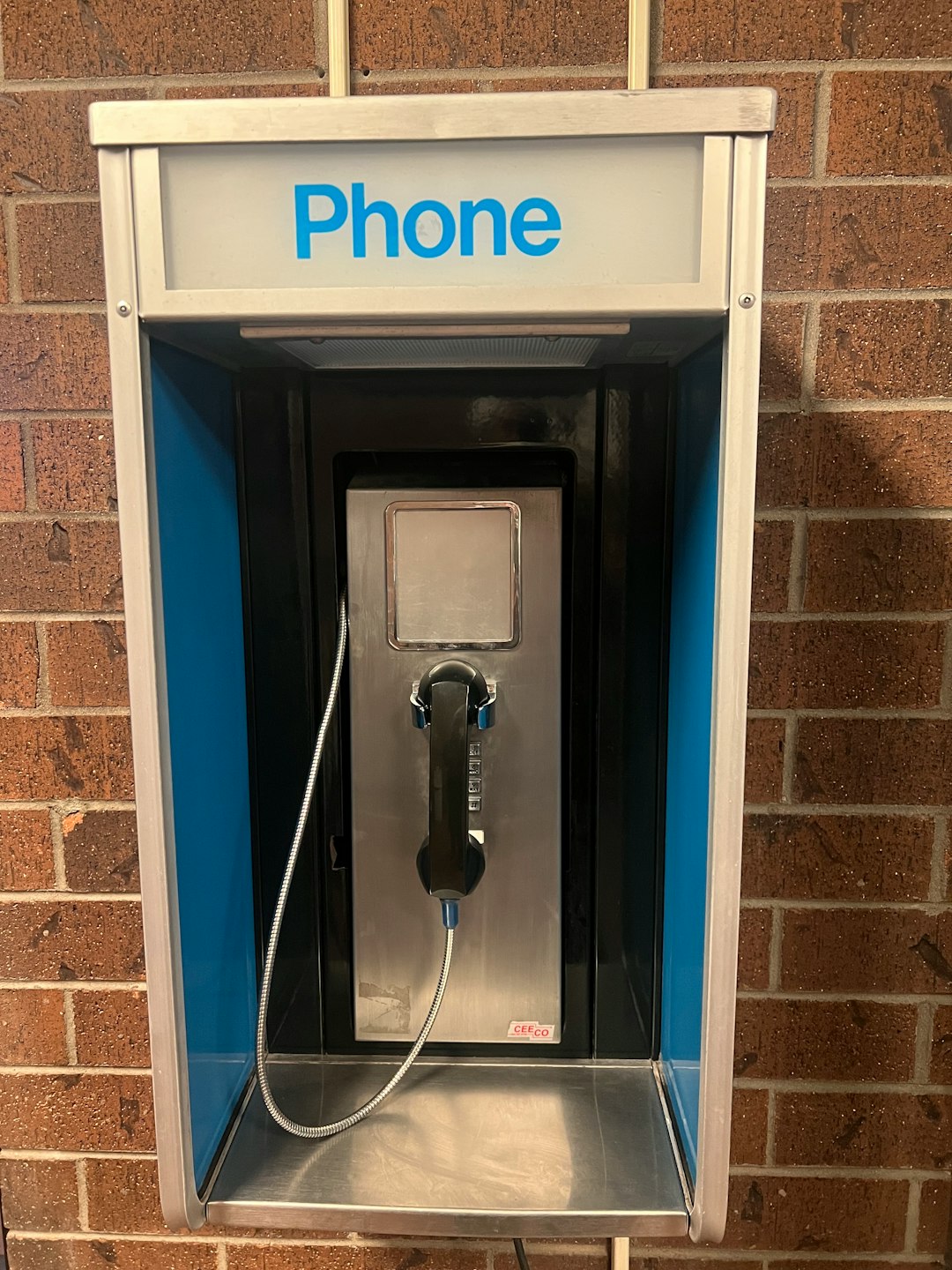Robocalls from autodialer law firms in Kansas City have reached epidemic levels, disrupting daily life and privacy. Advanced call-blocking tech and machine learning identify suspicious patterns from these calls, aiding consumer protection. Kansas' strict autodialer laws require explicit consent for automated marketing calls, with penalties for violators. Residents can combat robocalls by registering on the National Do Not Call Registry and using blocking apps, while AI and blockchain technology offer long-term solutions.
“In the age of digital connectivity, Kansas City residents are increasingly plagued by unwanted robocalls. This article delves into the pervasive impact of automated calls and explores effective countermeasures. We examine the role of technology in detecting these nuisance calls, highlighting advancements that empower consumers. Furthermore, we analyze Kansas’ autodialer law and its influence on spam call prevention. By implementing robust anti-robocall strategies, residents can reclaim their communication channels. Additionally, we look ahead to future tech trends, offering insights into the ongoing battle against robocalls in the state.”
Understanding Robocalls and Their Impact in Kansas City

Robocalls have become a pervasive nuisance in Kansas City, with automated phone calls from law firms and other entities using advanced autodialer technologies. These calls, often unwanted and unsolicited, have significantly impacted residents’ daily lives. The sheer volume of robocalls can be overwhelming, leading to frustration and annoyance among recipients.
In Kansas City, as in many urban areas, robocalls disrupt not just individuals but also businesses and community organizations. They can pose challenges for consumer protection, privacy, and overall quality of life. With the autodialer law firms making extensive use of automated calling systems, it has become crucial to implement effective measures to combat this growing issue and protect residents from these persistent and often misleading phone calls.
The Role of Technology in Detecting Automated Calls

In the ongoing battle against robocalls, technology plays a pivotal role in detecting and blocking automated calls that plague Kansas City residents and local businesses. Advanced call-blocking applications and machine learning algorithms have become powerful weapons in this war. These systems are designed to recognize patterns and characteristics unique to automated dialers, such as those used by law firms following the autodialer law.
By analyzing vast data sets of phone calls, these technologies can identify suspicious activities, including frequent calling patterns, short or missing sender identification, and unusual call durations. This real-time detection allows for immediate actions, such as blocking or forwarding suspected robocalls to a special system that records and identifies the source, helping to enforce compliance with autodialer regulations and protect consumers from unsolicited calls.
Kansas' Approach: Auto Dialer Law and Regulations

Kansas has taken a proactive stance against robocalls through its comprehensive autodialer law and regulations, particularly focusing on protecting consumers from unwanted phone marketing. The state’s approach centers around holding telemarketers and call centers accountable for their practices. Under Kansas law, businesses are required to obtain explicit consent before making automated or prerecorded calls to residents, significantly limiting the prevalence of robocalls.
This legislation has empowered local authorities to take swift action against violators, including fines and legal repercussions. By implementing these strict autodialer laws, Kansas aims to foster a more peaceful and privacy-focused telecommunications environment, ensuring that citizens can enjoy their phone calls without constant interruptions from unsolicited marketing efforts.
Implementing Effective Anti-Robocall Measures for Residents

In the fight against robocalls, Kansas City residents can take proactive steps to protect themselves. Implementing effective anti-robocall measures starts with educating oneself about the legal framework in place. The Autodialer Law and related regulations play a pivotal role in curbing automated calls from law firms and other entities. Understanding these laws empowers residents to make informed decisions when answering or blocking incoming calls.
One practical approach is to utilize call-blocking apps or software that identifies and filters out known robocallers. Additionally, registering on the National Do Not Call Registry is a crucial step, as it helps prevent unwanted calls from various sources, including law firms. By combining these measures with awareness of their rights under the autodialer regulations, Kansas City residents can significantly reduce the number of robocalls they receive.
Future Trends: Tech Innovations Against Spam Calls

As technology continues to evolve, so do the methods used by spam call operators. Future trends in combating robocalls will likely involve advanced artificial intelligence (AI) and machine learning algorithms. These technologies can identify patterns and anomalies in call data, allowing for more accurate filtering and blocking of unwanted calls. AI-driven systems can adapt to new tactics employed by fraudsters and autodialer law firms in Kansas, ensuring a dynamic defense against spam calls.
In addition, the integration of blockchain technology could revolutionize call authentication and traceability. By creating an immutable record of each call, blockchain can help identify sources and prevent spoofing, making it easier for authorities to trace and hold accountable those responsible for illegal robocalling activities. These innovations, combined with stricter regulations, will be crucial in the ongoing battle against spam calls and ensuring a safer digital environment for Kansas City residents.






